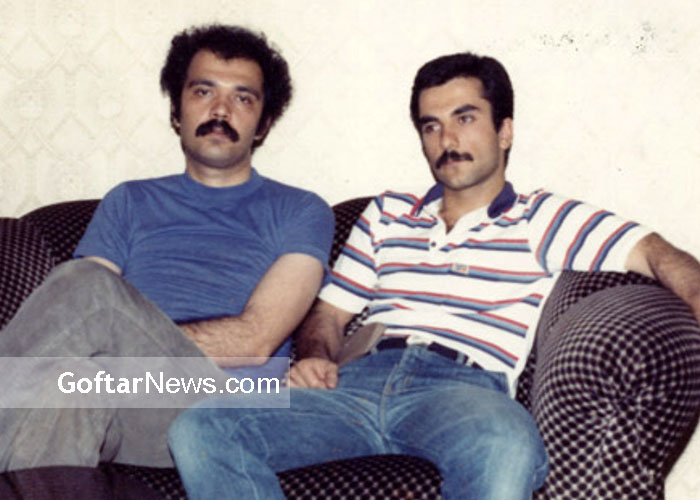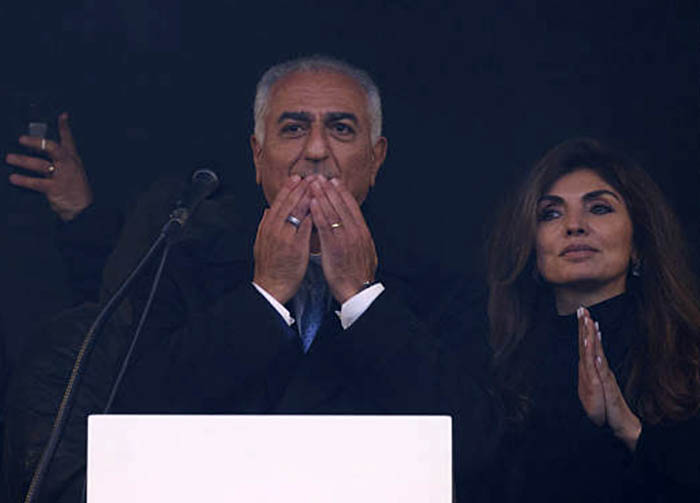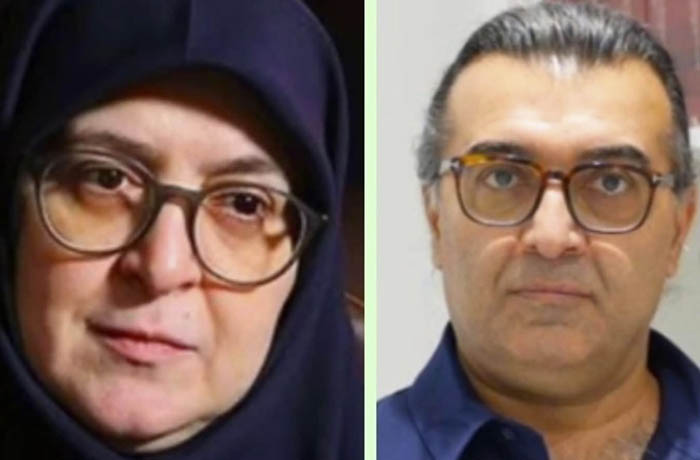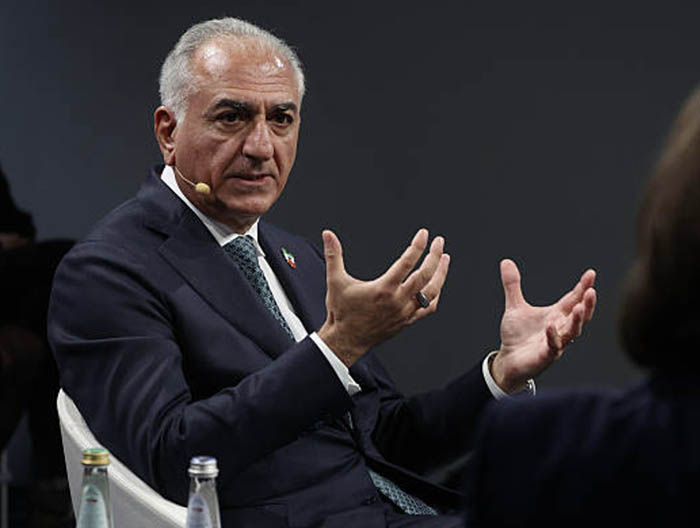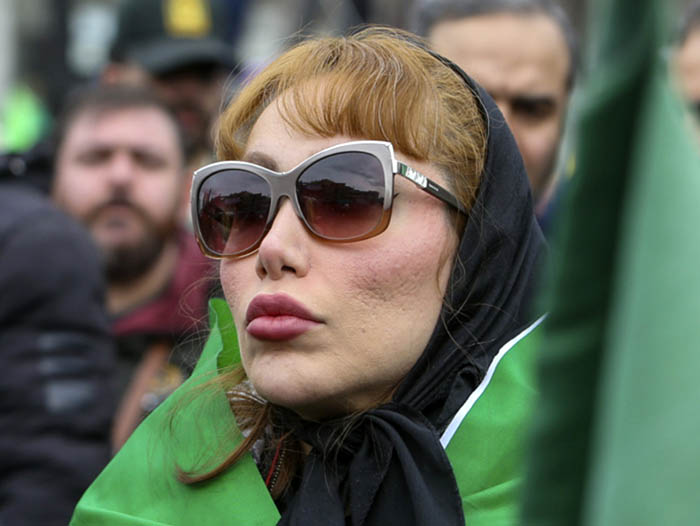Touka Neyestani’s Provocative Art: Conservative Reactions to 5 Satirical Masterpieces
The Global Impact: Neyestani’s cartoons, including the memorable caricature of Prince Reza Pahlavi, transcend geographical boundaries. Shared and discussed on a global scale, these satirical works amplify the voices of those challenging oppressive regimes. The internet, Neyestani’s chosen battleground, becomes a powerful tool for disseminating his critiques far beyond the borders of Iran.
The Art of Subversion: As we dissect Neyestani’s satirical brushstrokes, we witness the art of subversion at play. The caricature of Prince Reza Pahlavi is not merely a visual commentary; it’s a nuanced exploration of power dynamics and historical legacies. Through satire, Neyestani subtly challenges established narratives, inviting viewers to question and reflect on the complexities of political figures and their roles in shaping the course of history.
The Role of Satire in Social Change: Neyestani’s caricature of Prince Reza Pahlavi is not merely a critique of an individual but a commentary on the broader socio-political context. Satire, as wielded by Neyestani, acts as a catalyst for social change by challenging established norms, sparking conversations, and fostering critical thinking. In societies where dissent may be stifled, satire becomes a subversive tool that empowers individuals to question authority and envision alternative futures.
Continued Dialogue and Reflection: The discussion sparked by Neyestani’s work, including the caricature of Prince Reza Pahlavi, invites continued dialogue and reflection. As viewers engage with the layers of meaning embedded in the artwork, they contribute to an ongoing conversation about the complexities of power, governance, and the pursuit of justice. Neyestani’s cartoons become not only artistic expressions but also catalysts for societal introspection.
December 5, 2023 | 11:39 pm